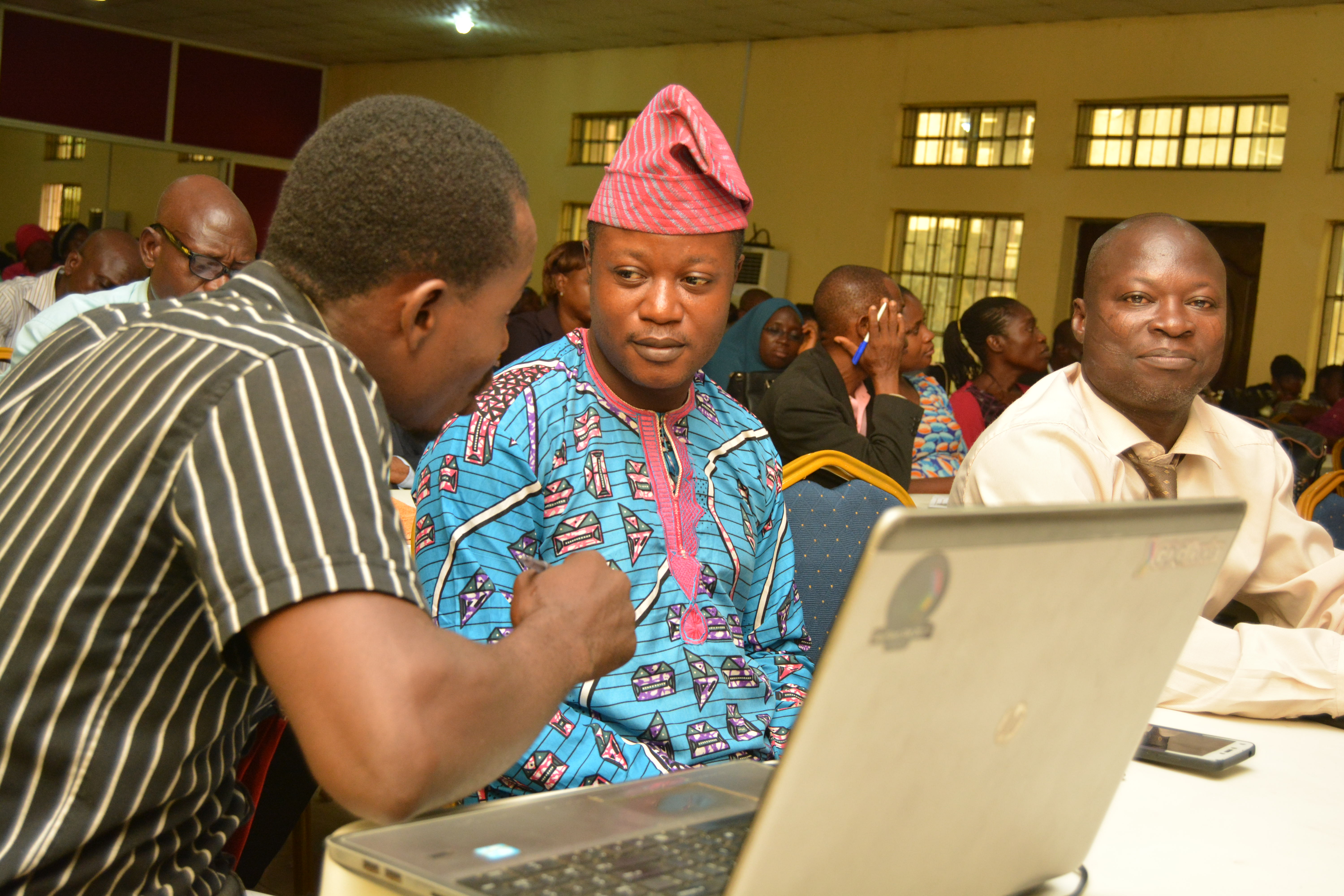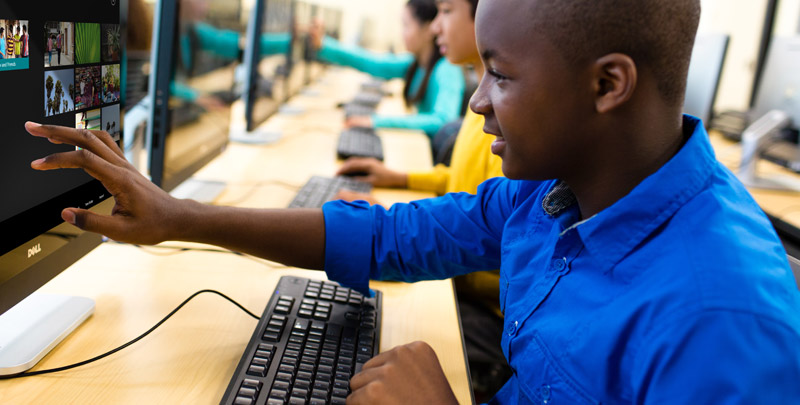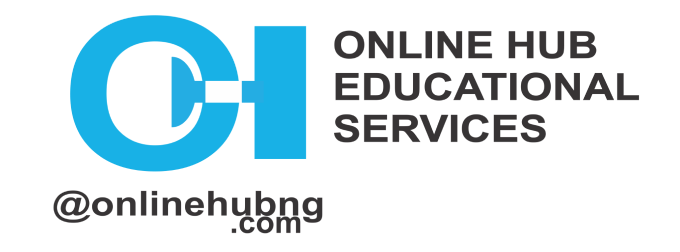“The global EdTech market is predicted to reach $252 billion by 2020” –Seedstars.com
This white paper seeks to uncover the role government play in increasing ICT participation in classroom and among key players in Africa. It is crucial to understand the level of tech transformation in other African countries and the ways governments have created incentives for EdTech penetration in the public & private sector and therefore answer these inquires:
- What are the challenges organizations, startups and NGOs face when trying to penetrate the educational sector in Nigeria?
- What is the level of Tech Penetration in the educational sector in Nigeria?
- How can we duplicate working models in other African countries to work in Nigeria?
- How to encourage partnership and investment in EdTech in Africa
In comparing what is obtainable in other African nations and what we have in Nigeria, we hope to discover models that work and those we can adapt in Nigeria.

Case studies
Rwanda: Rwanda is a small East African country that is set on becoming a developed nation by 2030, and its government is achieving this by dedicating 20% of its budget on education. As proof that the Rwandan government sees ICT as a key tool for transformation it has created several policies such as the Education Master Plan, as the Rwandan education sector has been backed up by a strong political will in terms of implementing these projects, the country has experienced international participation in a wide range of initiatives. Microsoft Partners in Learning (PIL) trained 3,000 secondary school teachers in Basic ICT skills. One laptop per child launched since 2008 has since supplied over 5000 laptops to primary schools in Rwanda. Rwanda is one of three African countries selected for the UNESCO-KFIT Project that aims at increasing aces to basic education through ICT solutions.
Uganda: The National Science, Technology and Innovation Plan was implemented by the government of Uganda to foster national development through ICT. This has created a doorway for donor agencies to partner in its education sector. Projects have been initiated to support training in school and improve learning outcomes, some of these projects include Microsoft Innovation Centre and the Huawei Initiative Uganda.

Source: Microsoft.com
Kenya: A wide range of ICT initiatives on e-infrastructures and learning resource projects are ongoing in Keya. Infrastructures: National Fiber Optic Broadband infrastructure and County connectivity projects. Learning Resource: The Laptop Program, Digital Literacy Program and Presidential Digital Talent Program.
The EdTech Industry continues to grow and Africa is poised as the largest potential of untapped market in the world. Stakeholders visualize a huge market potential as data penetration continues to rise. Service providers, Startups and digital platform channels are just a few of the stakeholders poised to gain from the growing EdTech Market, so why has a lot of ground been left fallow?
In Nigeria, EdTech penetration in schools in quite low compared to its counterpart nations, Kenya, Uganda and Rwanda, even though the government has established the National Information Development Agency in 2001 as a way of spreading the National Information Policy, nothing much have been done thereafter to keep up with the ever-changing digital world. According to infoguidenigeria many schools still use traditional approach to teaching and learning.
The Nigerian government can focus on ICT by splitting its effort into the following categories.
- e-learning and skills development
- e-infrastructures
- Digital Inclusion
- Business outsourcing/local content program
- Information security
–Favour Onukogu





